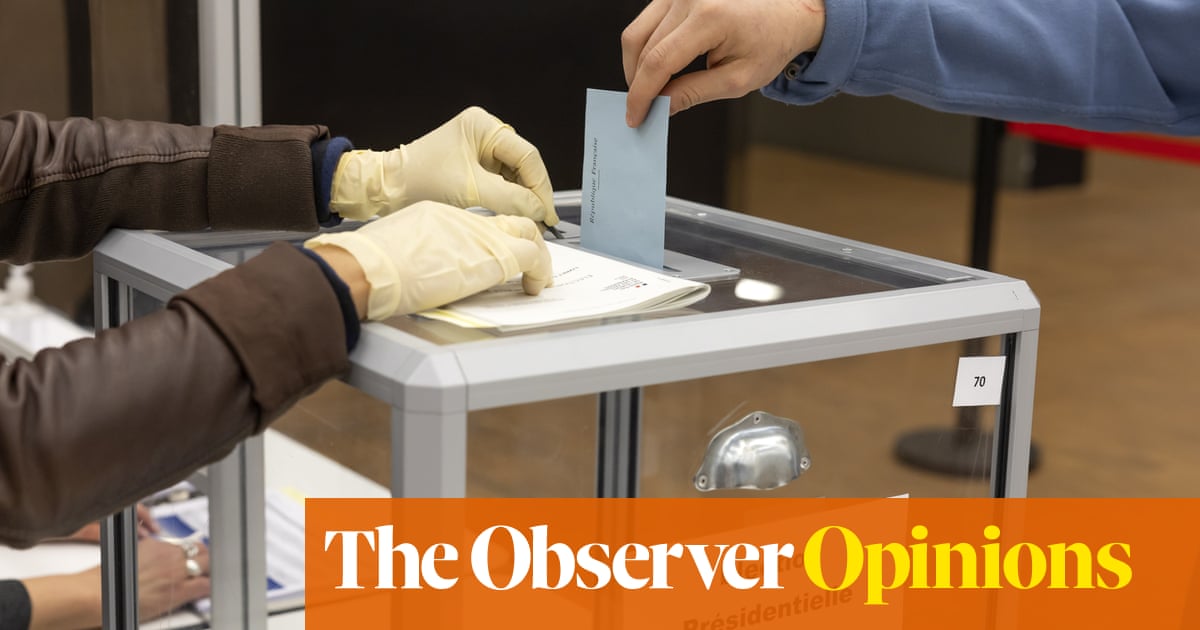This article is two months old by the way.
Another link from !@[email protected] focusing more on American politics but this one is much older. "The preferences of the average American appear to have only a miniscule, near-zero, statistically non-significant impact upon public policy.”
It honestly was less bad than i expected. Not saying it’s perfect but it could have been a lot worse.
Edit:
My bad y’all. Wrong thread!
I don’t understand?
They probably meant to comment on this post. https://lemdro.id/post/138039
Link doesn’t work, sorry. There’s a post about Samsung and privacy.
Yup, sorry about that. Thanks!
Wrong thread. This is an article about the rich being happier with policy changes.
This is the text of the article
We aim to bring you surprising and important findings from the world of research. I fear this week’s offering may not manage the “surprising” part but it is important.
In a great new study, Swedish researchers investigated how policy outcomes reflect public attitudes towards those policies. They looked across 30 European countries over 38 years on issues ranging from welfare to immigration, foreign policy to the environment.
The good news from the democracy side of things is that more popular policies are more likely to happen. Phew.
But the authors go on to ask: who specifically is more likely to get what they want? The rich. That’s less good.
The size of the difference isn’t enormous – the average share of households who support policy that happens was 57.1% for rich households and 53.7% among low-income ones (the middle class… is in the middle). But what is staggering is how consistent it is across countries and decades.
We’ve known for a very long time that American politics is sensitive to the preferences of the rich. That’s generally been seen as obvious – a system where having or raising huge amounts of cash is a prerequisite for being competitive electorally is a politics with a price tag, and in a highly unequal country it’s the rich that can pay to play.
But this research is telling us that high-income citizens are more likely to agree with policy changes than low-income citizens in all but two European countries, and that income inequality levels or tightness of financial rules around political campaigning don’t seem to be driving the effect.
In democracy you can’t always get what you want, but being rich gets your chances up. Who knew?
When are we going to address green privilege?
deleted by creator
Rich people privilege
Why do you call rich people privilege, green privilege?
Money is green in the US.
Ah, that makes sense in the US.
Everywhere else in the world green = environmental party.




